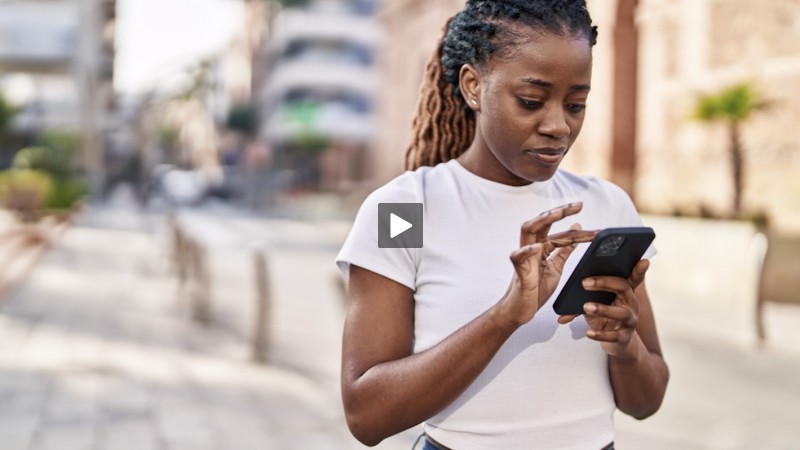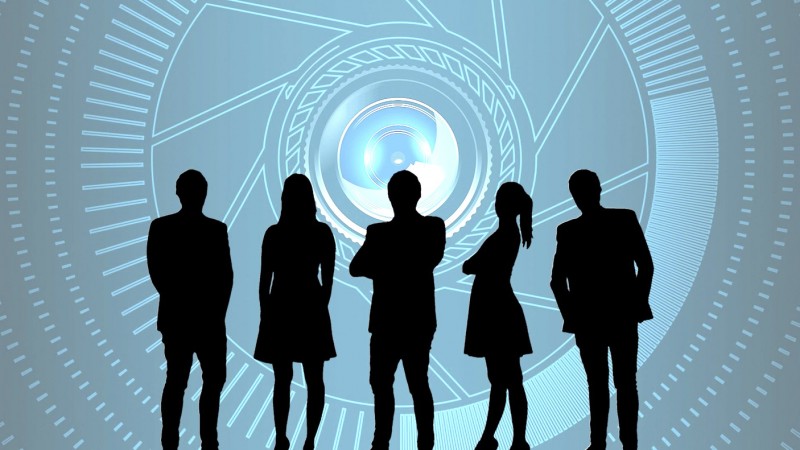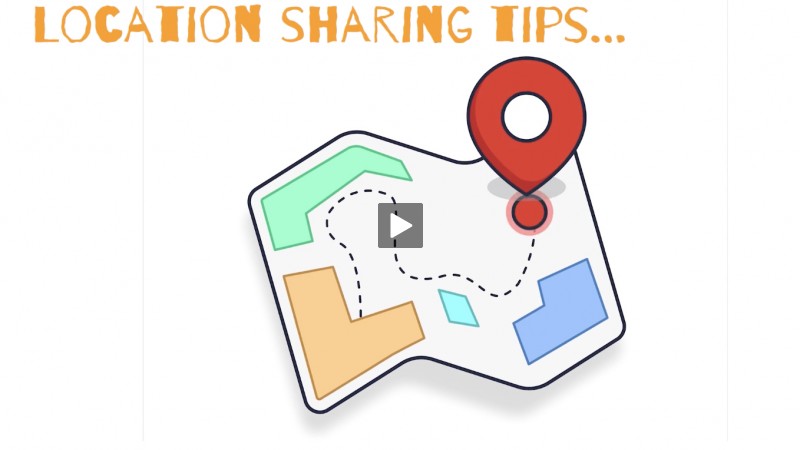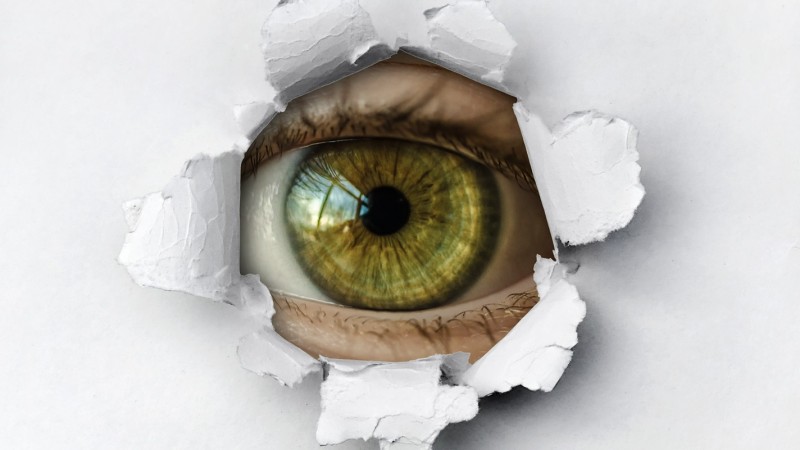Do You Need a VPN (Virtual Private Network)?
- Details
- Written by Will from Holland
- Category: Articles
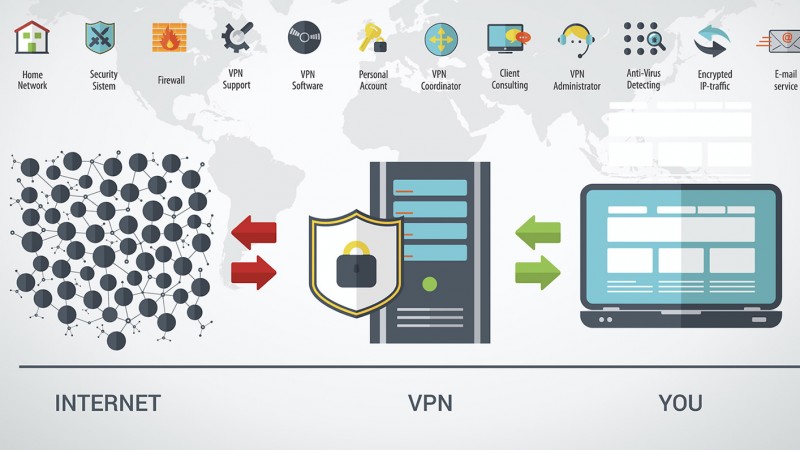
Surfing the web can be dangerous on many different levels. We all know that. With a simple click you can download malware, ransomware or viruses. And let's not even start to discuss the privacy and tracking issues.
A VPN creates a secure connection between you and the internet. If you install a VPN client, and connect to the internet, all your internet traffic will be sent through an encrypted virtual tunnel.
If you need a refresher, check out our topical pages on "scams" and "privacy".
Now, you may think a Virtual Private Network is the solution. But is it? And what is a VPN, really? Here's a quick VPN 101...
A VPN creates a secure connection between you and the internet. If you install a VPN client, and connect to the internet, all your internet traffic will be sent through an encrypted virtual tunnel. This is great for shielding you while surfing the web, streaming videos, or downloading torrents and the like.
VPN Advantages
A VPN may have several advantages:
You are more anonymous on the internet: your IP address and location are no longer visible to everyone. Yay private browsing.
You are safer on the internet: the encrypted tunnel stops many hackers and cyber criminals.
-
You are freer on the internet: using other IP addresses may give you access to websites and online services that would otherwise be blocked (geo-restricted content).
Important note: VPN only encrypts the traffic from your device to the VPN service. If you don't access a secured site (note the HTTPS in your browsers' address bar!), your traffic continues unencrypted to the destination. Visiting secured sites remains very important, if you want to avoid (the above-mentioned) trouble.
That said, VPN's are a great way to secure your browsing if you often use public access points (eg. your local coffee shop), and prevents cyber criminals from "listening in" while surfing.
VPN Disadvantages
If you use a VPN, you can run into various (other) problems.
Experience slower connection speed.
Generally, quality VPN services (such as ExpressVPN and NordVPN) have relatively little problems with reduced internet speed. However, if you use a cheaper service, your internet speed may be slow, or you'll even have to wait for videos and things to download.
Free VPNs may be worse than NOT using one.
Many free VPN providers have data limits, speed limits, commercials and download restrictions. Or worse, spyware and malware may be hidden in the download.
Generally, using a free VPN may be okay for a quick internet session here or there, however, they are certainly not created to protect you or your privacy. Take Hola VPN for instance. Sure, it hides your IP address, it uses an encrypted connection, and the connection is general fast. Free isn't usually free, so to make money they sell your surf and internet behavior data to third-parties, for example advertisers. There you have your "can of worms..."
That said, not all free VPN services are (that) bad. You just have to really dig through the weeds.
Data logging (and possibly reselling) by the VPN provider.
When purchasing a VPN, you actually buy anonymity (or you hope you do). You have to have a lot of confidence in your VPN provider, as they can see everything you do online. Many VPN providers ignore the information that goes through their servers and do not store this data (a no-log policy). However, in the past there have been a number of VPN providers who claimed to have a no-log policy, while they did log the data. This can come back to haunt you...
-
A VPN can be blocked by internet providers, firewalls and streaming services.
Anti-VPN software used by services like Netflix and Spotify (for instance), may keep you from accessing their content. There are "unblock" services available, but then you're looking at more subscriptions and different software... Yuk.
-
Uncertainty about the encryption (level or strength).
How do you know if you are actually protected online? How can you see if your privacy is really guaranteed? For the average user it may be difficult to assess and check the quality of the encryption of their VPN connection. If you do not know how encryption works and what different methods can be used, you cannot say with certainty whether your VPN has a proper security setup. Research your VPN of choice carefully before making your choice!
Kill switch malfunction.
Many VPN connections have an automatic kill switch. If your connection is not secure enough (because of the websites you visit or service you're using), the kill switch will activate. Your online safety and privacy are guaranteed. However, the kill switch can also be a nuisance... After all, it is not particularly useful if you suddenly have no internet connection for reasons unknown.
-
Censorship by the state.
Depending on where you travel—think China, Turkey, Iran and the like—your VPN may be censored or blocked by authorities, or may even be illegal to use (at risk of even a prison sentence). Do carefully check into this before traveling!
Is that it...? No! We're getting to the biggest disadvantage:
-
A misplaced sense of security.
Some users believe that once they're connected to a VPN, they're completely safe from hackers and malware, and that they're completely invisible and free to do what they like on the web.
Wakey, wakey! Even with a strongly encrypted and stable VPN connection, you can still be found by advertisers, trackers, hackers and intelligence services, just like you're vulnerable to malware and viruses.
What's the Point of a VPN?
VPN's ensure that your data is encrypted, that your IP address is hidden, and that you can access sites that are exclusive to some IP addresses. But if a hacker wants to tackle you, for instance, there are (other) ways to identify you on the web.
Keep that in mind when you surf on the web, click links, and download programs. Always use your common sense, obey the law, and be mindful and kind to other users.
What VPN Should I Choose?
There's your million-dollar question, and one that we unfortunately cannot answer. It all depends what you want from your VPN, what you can afford, and how secure you want to be.
Before selecting a VPN, you must (yes, you have to!) sit down and take real time to do research and dig through the weeds. Select whether you want to go "free" or "paid", and take it from there.
Dig in, dig deep, and make careful choices that make sense to your sanity and budget.
Good luck out there, and happy safe surfing!
Cheers, Will














